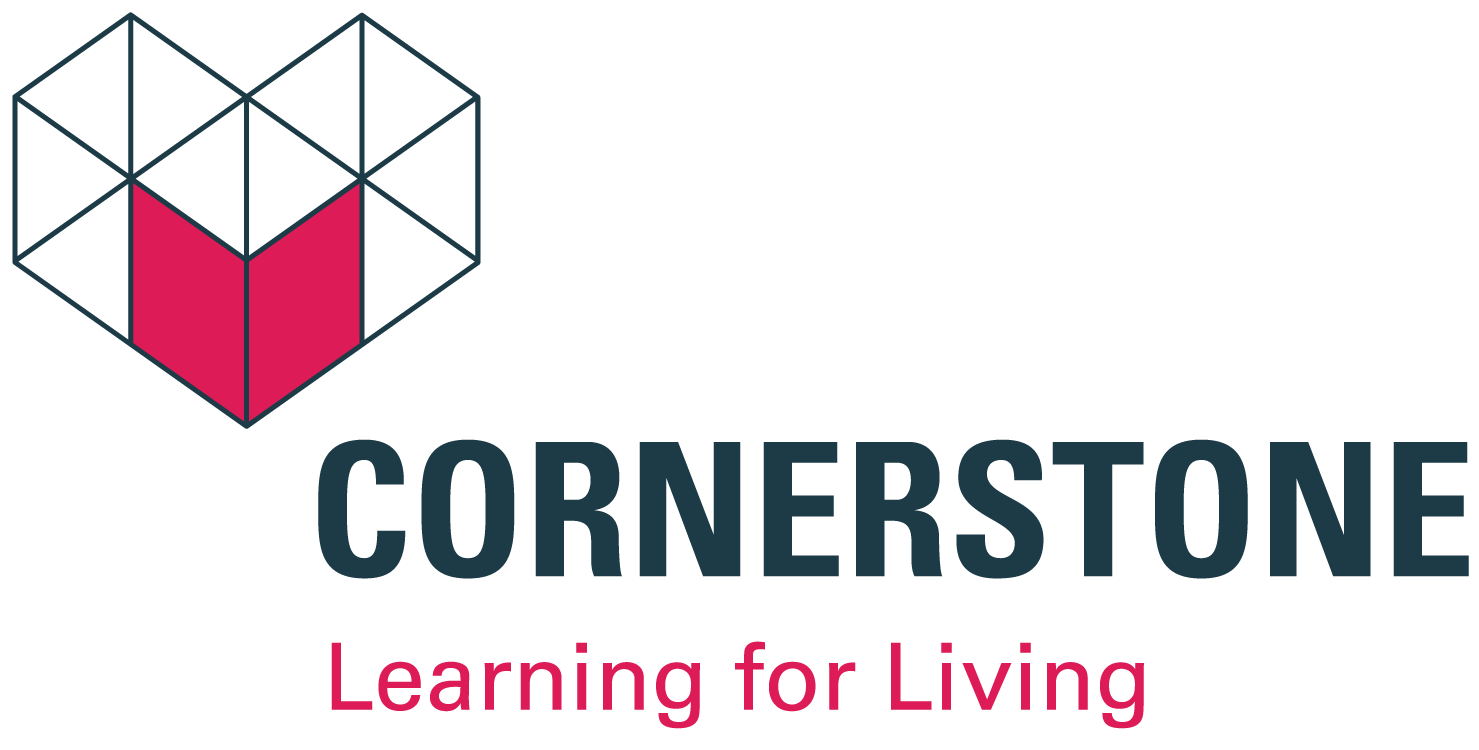
I hope everyone enjoyed a safe and satisfying Thanksgiving holiday!
I’ll take this opportunity to update you on our exciting and promising Teagle initiative. As mentioned previously, last spring Catholic University was awarded a Teagle Foundation-National Endowment of the Humanities Cornerstone grant to plan two “gateway” courses that would lead towards a more humanities centered education for undergraduates. I am the co-principal investigator on the grant, and Professors Gregory and Murton serve on the committee. This fall Professors Okuma and Rulo played a vital role in designing and expanding the initiative, which now has evolved into the “Cornerstone Scholars Program.”
Important developments include:
In the spring of 2022 Professors Gregory, Kimmage, and Murton will pilot (ENG 206) Transformative Texts 1: Citizenship and Communities to freshmen. English TFs and others teaching in the First Year Experience helped identify exceptional students who were invited to take the course and enter the Cornerstone program. (Many thanks for your help!)
All Cornerstone courses will be supplemented by a variety of special events. On February 16, Mark Edmundson, University Professor at the University of Virginia, will give a lecture followed by a catered reception. On April 12, Mary Jo Salter, Krieger-Eisenhower Professor at Johns Hopkins University, will give a lecture and read from her new book of poetry. Her reading will be followed by a catered reception. Professors Edmundson and Salter are ALSCW stalwarts; the organization provides us with an almost endless list of fabulous critics and creative writers to help with our program.
Gateway courses will be offered to exceptional students, Cornerstone Scholars, invited into the program. The gateway sequence will consist of three courses: (ENG 101) Cornerstone Rhetoric and Composition; (ENG 206) Transformative Texts 1: Citizenship and Communities; and (ENG 207) Transformative Texts 2: Citizenship and Communities. The first is a writing course that will use a common list of powerful works for readings. The next two courses revolve around common readings of great works of literature on the themes of citizenship and community. These guided readings will emphasize the humanities as a way of considering and pursuing meaning and purpose in life, and stress various dimensions of good citizenship and the nature of democracy.
* Note: Transformative Texts 2: Citizenship and Communities primarily revolves around readings in history and political science and the ENG 207 designation will change.
After these “gateways” into the program, students choose from pathways based on their interests and majors. Pathways will include grouped courses through the university's liberal arts curriculum; study abroad opportunities; internships; experiential learning opportunities; and extracurricular activities related to each pathway.
Benefits of the program include:
- Cornerstone classes are taught by full-time faculty starting in a student’s first year.
- Students develop a community through living in the same residence hall, and learning together in common courses with a distinct faculty group.
- Cornerstone Scholars participate in select trips and experiential learning activities, along with enhanced opportunities for internships and study abroad.
- Students develop exceptional writing and critical thinking skills, and the ability to examine diverse opinions with reasoned thought as they relate to complex concepts and challenges facing the world today.
- Students graduate with the prestigious designation “Cornerstone Scholar,” and the ability to propose real solutions to society’s most pressing challenges.
- The Cornerstone Program fosters a love of lifelong learning.
The Cornerstone program is sure to evolve as we continue to plan and implement it, but we’re delighted to welcome our first cohort of students in the spring. Our English department is at heart of this initiative, but our goal is to create a challenging sequence of courses in the humanities that provide the basis for a strong liberal arts education for all undergraduate majors. Many, many thanks to everyone who has helped put the program in motion. It’s my hope that our department, our university, the Teagle Foundation, the NEH, and the ALSCW will play significant roles creating models for humanistic education.
Everybody needs an education.
All my very best,
Ernest Suarez
David M. O'Connell Professor of English
Executive Director, Association of Literary Scholars, Critics, and Writers
Chair, Department of English
